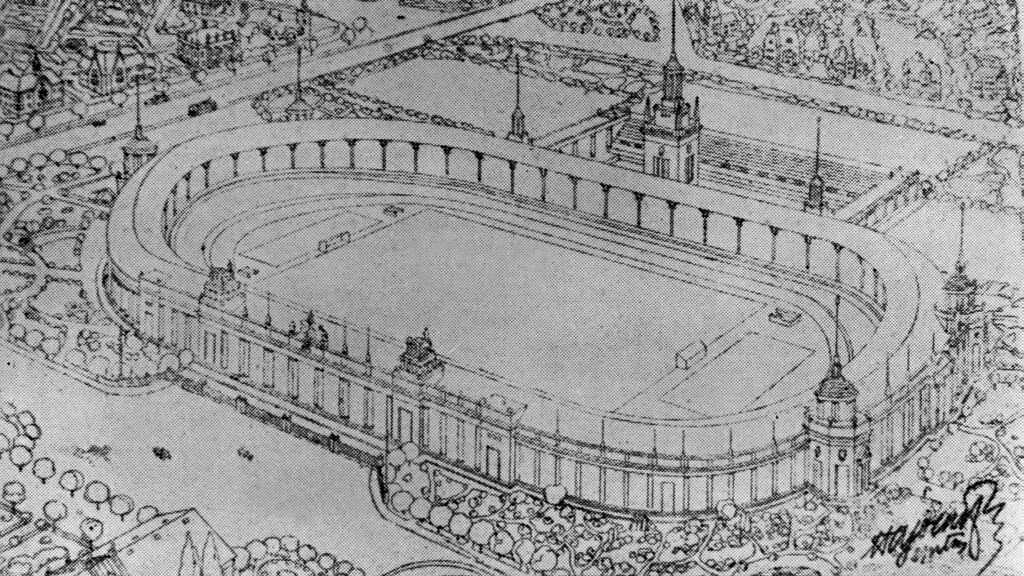The following is a translation of an article written by András Karácsony, head of the National Sovereignty Research Group at the Danube Institute.
The idea of civil disobedience was first formulated in Henry David Thoreau’s book Civil Disobedience, published in 1849. The term did not often appear in the domestic political mainstream, even in the period after the regime change. It was used for the first time more than a decade and a half ago—when the Fidesz MPs dismantled the guard rails around the Parliament building in 2007 and dubbed their action an act of ‘civil disobedience’. The debates at the time very much showed that most people did not know what this concept really means; the most ignorant claim of them all was that civil disobedience is mentioned in the Constitution. It is therefore worth briefly summarising the characteristics of civil disobedience, primarily because it also came to the forefront in the wake of the current teachers’ protests. To sum up the arguments:
‘if we cannot go on a strike anymore, then let us practice civil disobedience.’
Due to their taking part in civil disobedience, several teachers were dismissed from Kölcsey Ferenc High School in Budapest as well. In this chain of events, the final bid was eventually announced by Péter Márki-Zay, the co-founder of the Hungarian opposition party Everybody’s Hungary Movement. He offered 1 million HUF, paid by the NGO he leads, as compensation to the terminated teachers.
But when can we talk about civil disobedience and what is its relation to the Constitution?
The Constitution, more precisely, the Fundamental Law, lists the rights that it grants constitutional protection to. The right of civil disobedience is not among them. Understandably so, because if it were included in this enumeration, it would no longer be civil disobedience, but a fundamental right. Namely, a fundamental right that, in principle, gives power to anyone to violate any law. This is obviously incompatible with the legal system of a state.
So what does civil disobedience substantially mean? A conscious and non-violent violation of a (in principle: any) law while the actor is making their intentions public, thus expressing that they accept the legal repercussions they may have to face for their violation.
Why would this happen? Civil disobedience is not a legal but a moral tool. When a protester feels that all legal ways of protest have been exhausted or they are not inadequate, they go on to violate a legal norm instead. They consider the expression of their moral convictions more important than behaving in compliance with the law.
However, it should be underlined that
not all violations of the law fall under the concept of civil disobedience.
When someone, for example, evades taxes or commits a robbery, they are violating the law, but that is not an act of civil disobedience. We can only speak of civil disobedience if the perpetrator makes it public that they have consciously broken the penal code and accepted its ramifications. This is therefore not a legal, but a moral decision.
A new dimension of this topic comes into play when we include the aspect of the aforementioned financial compensation offered by Péter Márki-Zay. Can we consider the given act to be civil disobedience even after accepting compensation for it? As I have already mentioned, a necessary part of the concept of civil disobedience is accepting the ramifications of the deed, which is precisely the moral ground for the decision. The potential acceptance of compensation does not necessarily call into question the nature of civil disobedience, however, it does weaken its moral ground.







